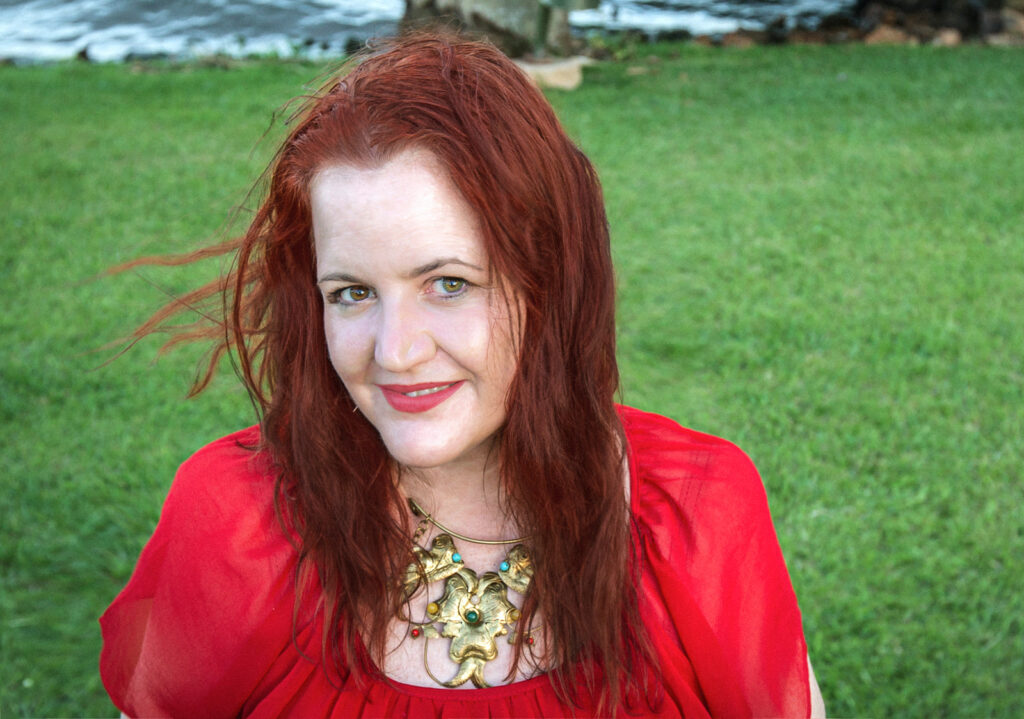YOUR CART
- No products in the cart.
Subtotal:
$0.00
BEST SELLING PRODUCTS

Catherine Burns is a firm believer in the power of storytelling. For the past 20 years, she has served as the artistic director at The Moth, a nonprofit dedicated to the art of storytelling. In this role, she has helped hundreds of people craft their stories, including a New York City sanitation worker, a Nobel laureate, a jaguar tracker, and an exonerated prisoner. For Burns, listening to stories can be a way of cultivating empathy and healing from trauma.
In a recent episode of Life As It Is, Burns spoke with Tricycle’s editor-in-chief, James Shaheen, and cohost Sharon Salzberg about the art of good storytelling, how we can break free from harmful narratives, and how stories can help us find community in the midst of isolation.
***
How storytelling can change our past
We can have a very different relationship with our past, depending on what story we tell about it. I’ve seen the act of storytelling transform people. I’ve certainly seen it transform myself. If we can change our thoughts, we can ultimately completely change our story. If you look at the facts of something and write down your thoughts, you find that those thoughts lead to certain feelings, and those feelings lead to action. If you can practice new thoughts, you can change outcomes for yourself. I always try to change the thought just a little bit at a time. People want to change it all at once, but if you can shift the thought slightly and give it the benefit of the doubt, you can really transform things. This has changed the way I see some of my parents’ actions during my childhood, and it’s helped me forgive actions from my past that I used to think were unforgivable. Often, our bad habits are things that served us at the time. They worked to save us from pain. The problem is that we hang on to them after they’re no longer serving us. You have to shift your thoughts to teach yourself that these habits aren’t really serving you.
How our own stories can surprise us
Often, I’ll start working with someone on a story, and the story will surprise them. Sometimes, they’ve always thought of a story in one way, but in the process of telling it again and again, they see a whole other side of it: They can see the other person’s point of view, or they can see how they had been blaming themselves. Telling stories can help people have empathy for younger versions of themselves—or empathy for younger versions of their parents. Our stories can change over time, and that can be a really healthy thing.
How storytelling can bridge divisions
Most of my family voted for Trump. But I find that when I have conversations with them, we often agree more than we disagree. I think stories are a way to bridge that divide. It’s so easy to have an opinion about an issue based on reading the newspaper or listening to a news anchor. But when people hear a story directly from the person who’s most affected by it, suddenly, there can be real change. We see it as a moral responsibility to try to seek out personal stories that can help shed light on some of these complicated ideas—not necessarily to change people, but to give them an opportunity to think about things in a new way.